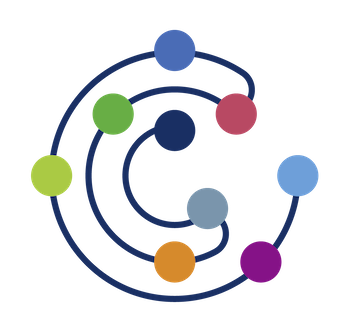The Project
The CHaMP research center brings together more than 65 scientists from eight faculties of the university with a common research interest. The main focus of the research center is the prevention of widespread diseases. Core objectives are the further development of personalized medicine and precision medicine. In the future, it should be possible to treat patients with customized, individualized therapies in a more targeted manner and, in particular, to prevent diseases from occurring in the first place through targeted prevention. For this ambitious project, experts from molecular biology, inflammation research, biosensor technology, nanotechnology, high-resolution microscopy as well as from the material, economic and human sciences, among others, complement each other in CHaMP.
One goal of CHaMP's future work is to qualify scientists working in an interdisciplinary setting. Graduate students with a connection to CHaMP will be supported by Thesis Committees, which accompany and advise them during their doctoral studies, providing them with interdisciplinary and intensive double supervision by mentors from different faculties and institutions. This is supplemented by courses, for example on the basics of scientific work, which are intended to overcome existing "language barriers" between biology, medicine, the STEM fields, and the economic and human sciences
Focus of CHaMP
Future topic P:IP = Precision Medicine: Intervention, Prevention
- The CHaMP research center is integrated across faculties as part of Magdeburg's focus on preventive medicine, P:IP, with its two main areas of intervention and prevention.
- The key element of prevention is the personalization of medical approaches.
- CHaMP will primarily pursue hypothesis-driven research approaches.
- Translational research in the sense of "bedside to bench back to bedside" or "bench to bedside back to bench".
CHaMP - interdisciplinary cooperation with the following topics
Medical:
- Immunology and Inflammation
- Oncology
- Cardiovascular diseases
Natural science:
- Molecular microscopy and nanomedicine
- Biosensors and biosignal analytics
- Materials science for medicine
Other approaches:
- e.g. Technology assessment/Technology acceptance
Evaluation approaches - Querschnittsbereiche:
- Artificial intelligence in medicine/ AI as playing grounds
- Clinical studies
- Big Data
- Application-oriented modeling of dynamic processes (e.g., method development in CDS, where possible).
- ...
